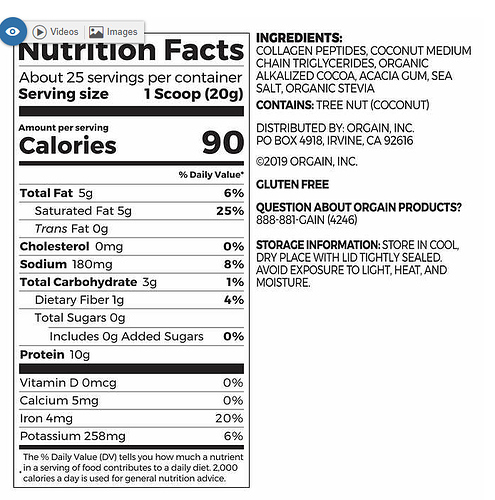Hey all. Long time reader, first time poster. I typically eat a pretty “clean” keto for the most part. Recently I have gotten back to working out (lifting weights 3x a week, walking/hiking as much as I can)and have been using Kirkland (how can you not love Costco) protein bars. I had been weary of eating much at all in the way of protein supplements as I would much prefer a juicy ribeye/ny, but find these very convenient for after weight lifting on my lunch break ( I had been fasting while at work but feel the need to get some protein in post workout). I felt good about the ingredients for the most part. Sweetened with erythritol and stevia and packed with fiber. But the high “gross” carb count freaks me out. I had been keeping under 20g total carbs very easily. 22 total, 15 fiber, 4 erythitol. 3g “net”.
I quit testing ketones as I did in the past because I don’t see the need. I am in a good rhythm eating wise, I feel good, and am slowly but surely reaching my fitness goals.
Is there really a need to get the protein in me post workout? Or would I be better off continuing to fast until dinner? Curious to hear the groups thoughts.
Thanks!!!



